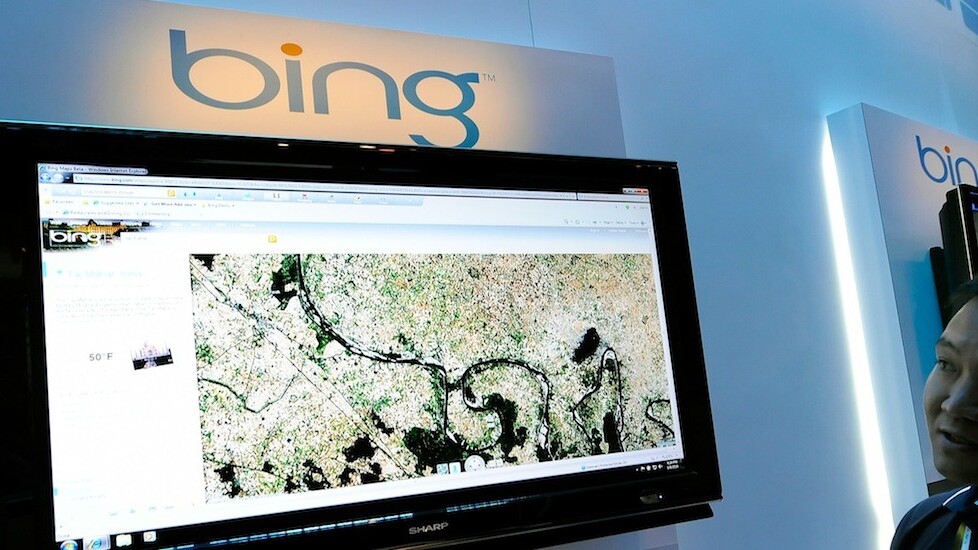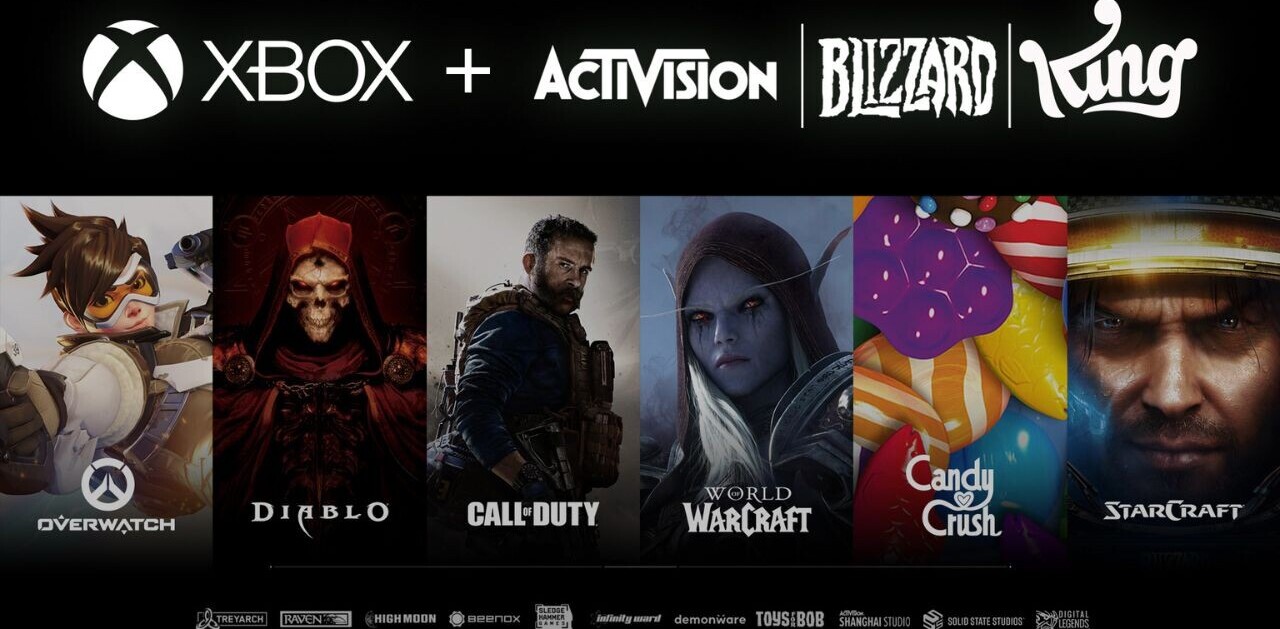
Bing turns five years old today, since it made its debut on June 3 2009. Microsoft says it created the search engine to help people “do more, not just search more.”
Even after five years though, Google is still the search engine most people go to. Bing ended last year with an all-time high in US search activity, making up 18.2 percent of all searches in the country, but Google took a majority of 67.3 percent market share in December 2013.
However, Microsoft is optimistic about things in the future. It says that Bing has “shifted its focus to be in position to be the search for this new, changing world” — described as one in which there is a need to better take action on information that you access, either by seeking it out or having it pushed to you. The company says that launching a browser, going to a website and typing in a search box is “so 2009.”
You should expect relevant information to come to you when and where you need it. You should expect experiences to adapt to you and your context, instead of the other way around. You should expect proactive experiences that anticipate what you need. You should expect information to be actionable for what you need at home or work.
Only Bing and Microsoft can provide all of this, and we couldn’t be more excited for the next five years and beyond.
So far this year, Microsoft has been beefing Bing up with a plethora of deeper and contextual information features already found on Google Search, including snapshot information for medication and food, as well as updating it with natural language understanding and fixes for common spelling mistakes.
This hints at a bigger role for Bing Platform eventually, which uses more advanced intelligence to power Cortana, Microsoft’s answer to Google Now and Apple’s Siri. Cortana is designed to completely replace the search function on Windows Phone.
“Natural User Experiences and task brokering get us to where we want to be — a truly personal assistant that can accomplish things in conjunction with you and/or on your behalf — without even having to ask,” Microsoft reveals as its aim for its search function. It seems like Cortana is the first example of how intelligent search can be applied, and we can expect to see more of such use-cases for Bing in the next five years.
Headline image via Ethan Miller/Getty Images
Get the TNW newsletter
Get the most important tech news in your inbox each week.





